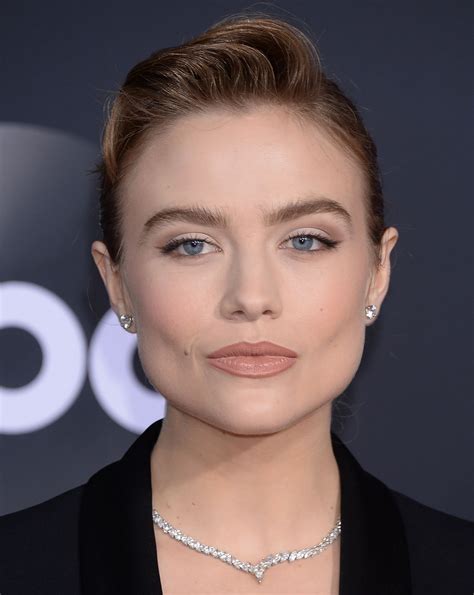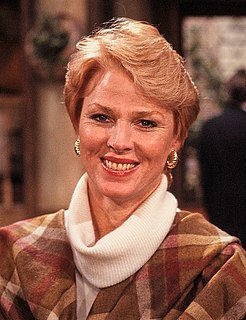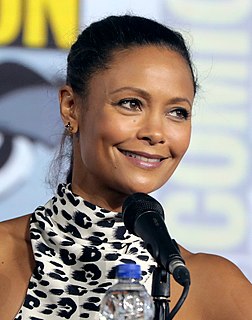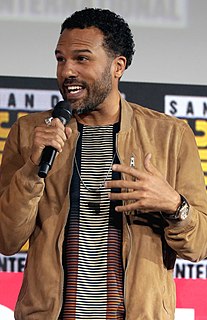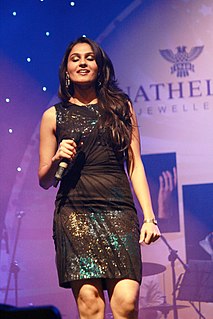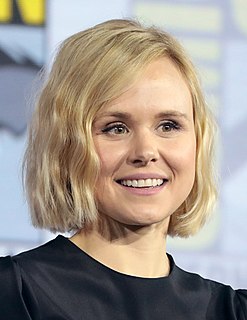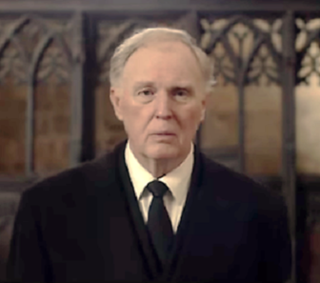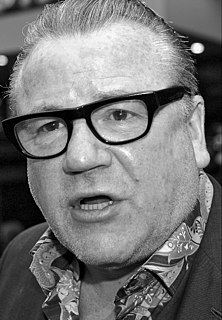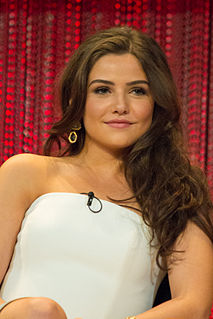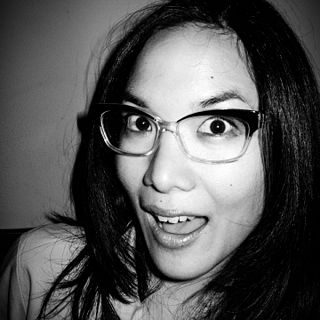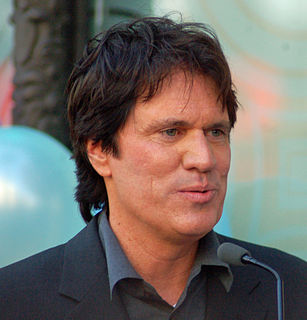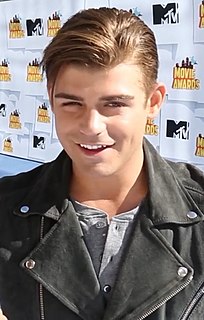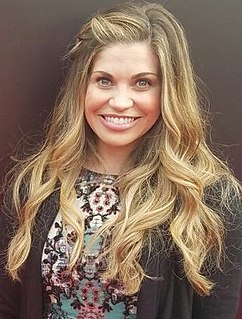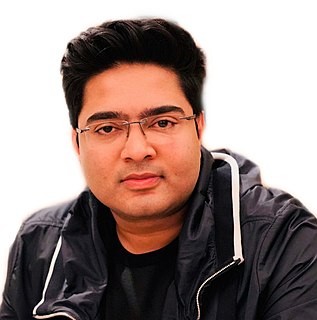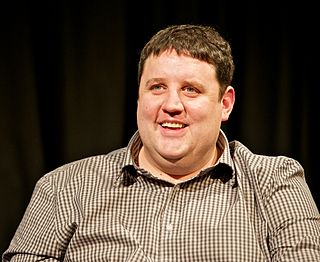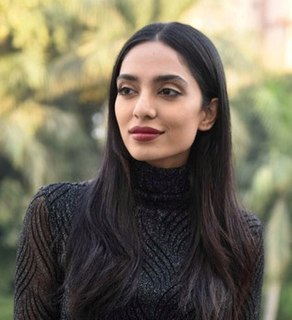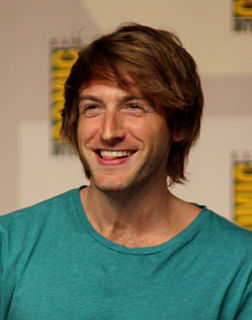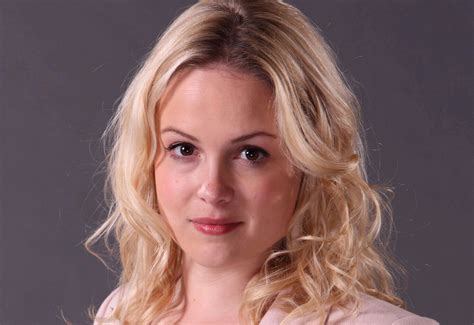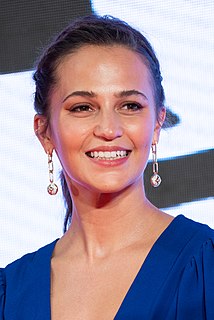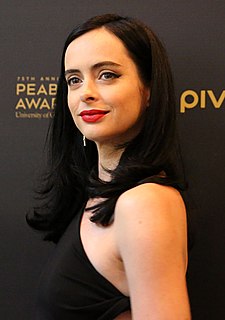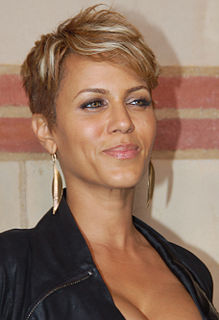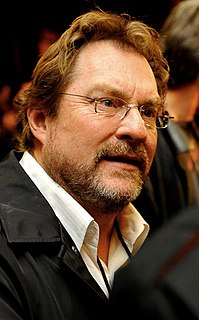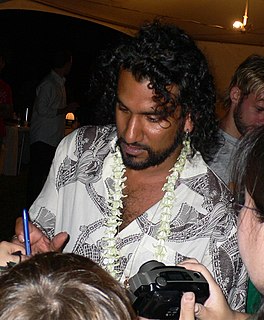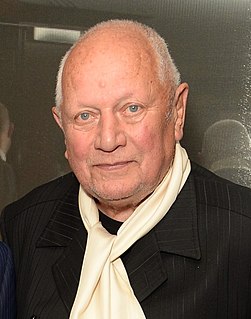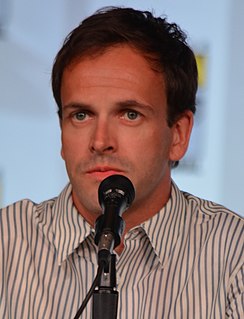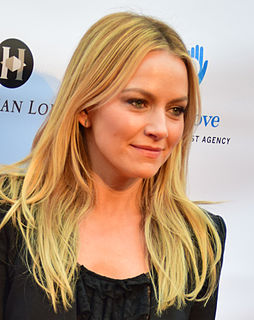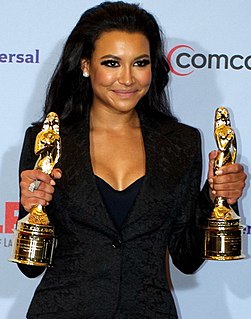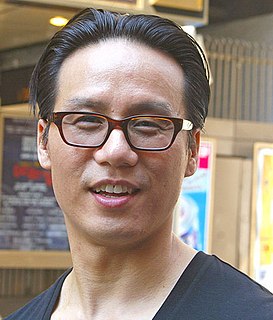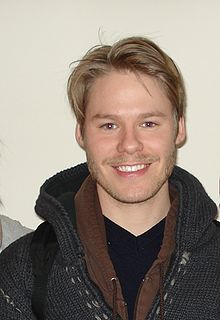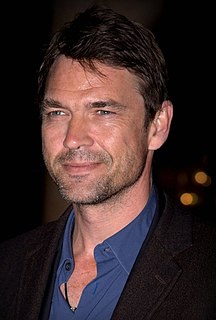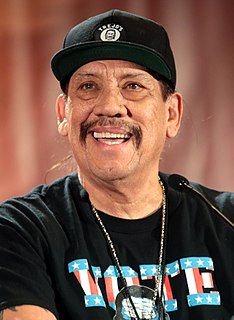Top 1200 Casting Directors Quotes & Sayings - Page 2
Explore popular Casting Directors quotes.
Last updated on November 15, 2024.
One of the great things about this cast is that we've been able to take actors of relatively the same age group that would never usually meet. You know, like bridging the comedy/drama world that for some reason casting directors never really want to bridge or you get into one community and that's kind of it.
How will I become Meryl Streep if I can't even get in the door with Jennifer Lawrence for the same role? I think that it starts with casting directors and executives and studio heads opening up their minds, and really putting an effort into being trans inclusive in their projects, whether they're trans-specific or not.
I'm not in a position where I get to pick and choose roles. I usually go on auditions in long lines and embarrass myself in front of casting directors, and with a lump in my throat and my ears burning, I walk past reception and smirking actors as I go to the parking garage and go back on the highway.
In any of the big acting cities, there are breakdowns that the casting directors put together for the projects that they're working on and then they get sent out to the agents and stuff like that. It's difficult to find projects, sometimes, unless your agent or manager is submitting you for those specific projects.
I was very headstrong about wanting to keep my name when I moved to Los Angeles. But casting directors would call my managers and say I was perfect for the part, but my name wasn't marketable - I was a young guy, and had the old man name of Gary. I kept losing jobs because of the name not being marketable, so I changed it to Garrett.
I got my big break in Bollywood with Anurag Kashyap's 'Raman Raghav 2.0' when I got a call from one of the casting directors to appear for an audition. At that point, I didn't think that I would make the cut since I was auditioning for a Bollywood film for the very first time. Within an hour of the audition, I was told that I had been selected.
I don't see myself as one type of actor. When you get one role, you start to get cast in that role for awhile because that's what people have seen you do, and have hopefully seen you do it successfully. And so, it becomes an easier thing to see you as, for casting directors and directors, and they start to think of you as that particular person or type of character. But, for me, I'm just an actor, first and foremost. The actors I respect are the real character actors, who are the real chameleon actors that completely change from role to role.
In my last year of drama school, I was Abigail in 'The Crucible' and Nina in 'The Seagull,' and I did some Shakespeare with the RSC. That's what casting directors saw me in, and I got put up for a lot of period drama auditions. I always get told I suit the costumes. I don't think I have a very modern-looking face.
My agent in Sweden used to send off interview tapes but I decided to take it upon myself and come to London to visit casting directors which is when things first started taking off for me. I love Sweden but the industry out here is quite small so when I was given the chance to go internationally I took it.

